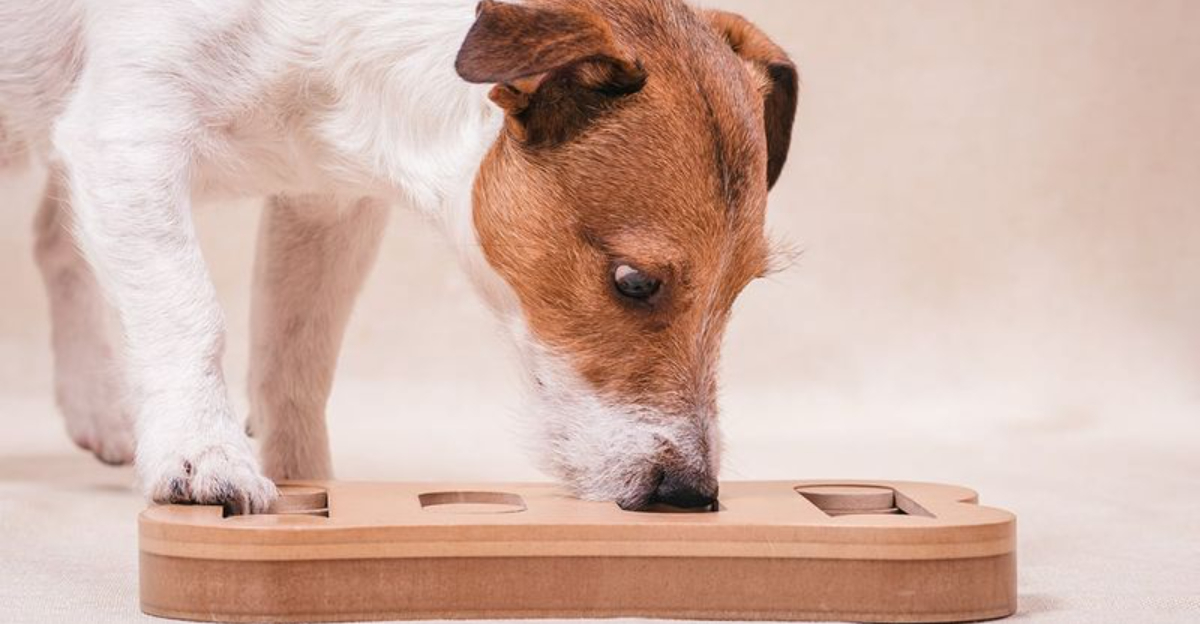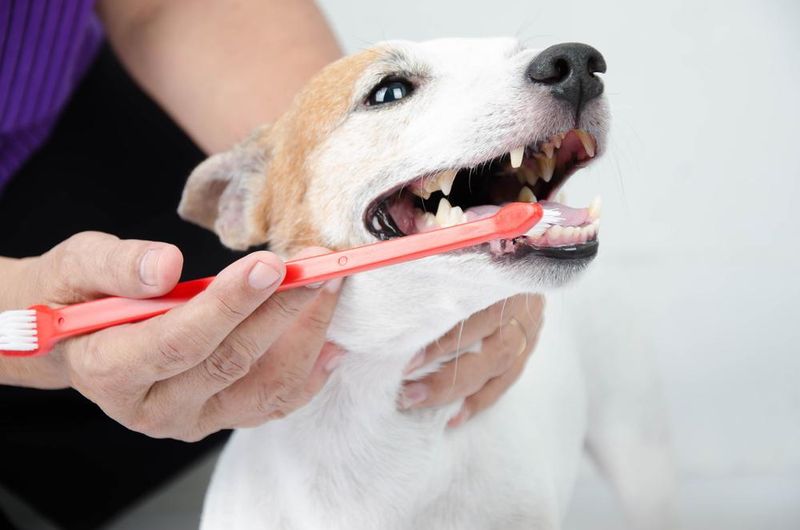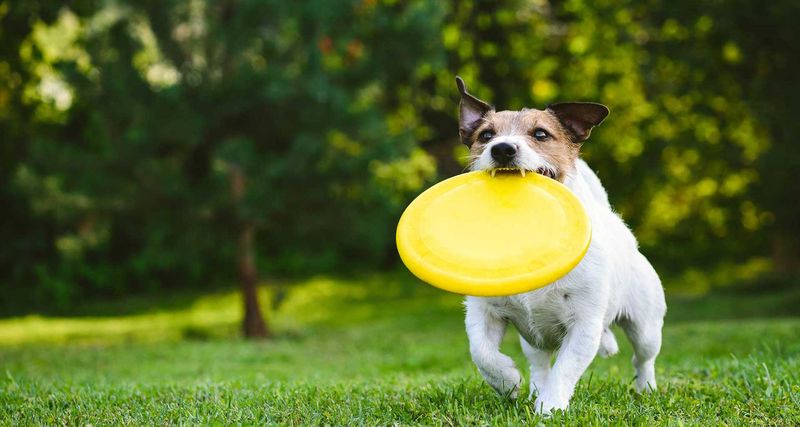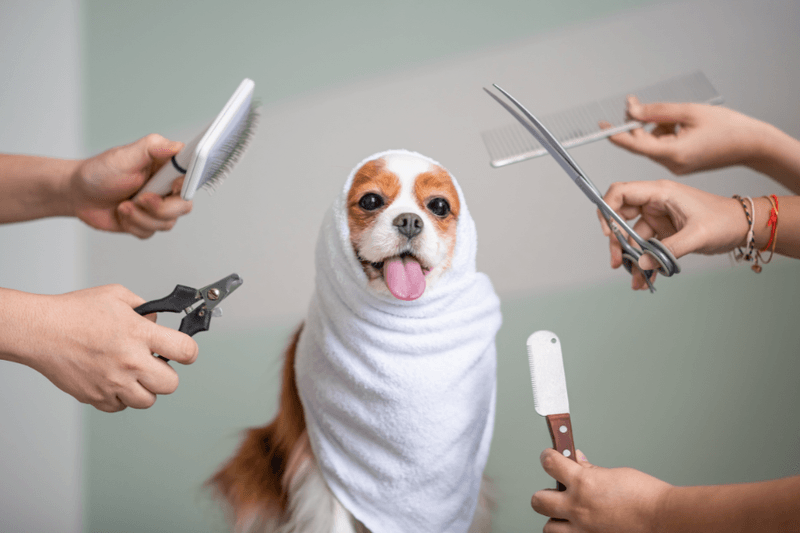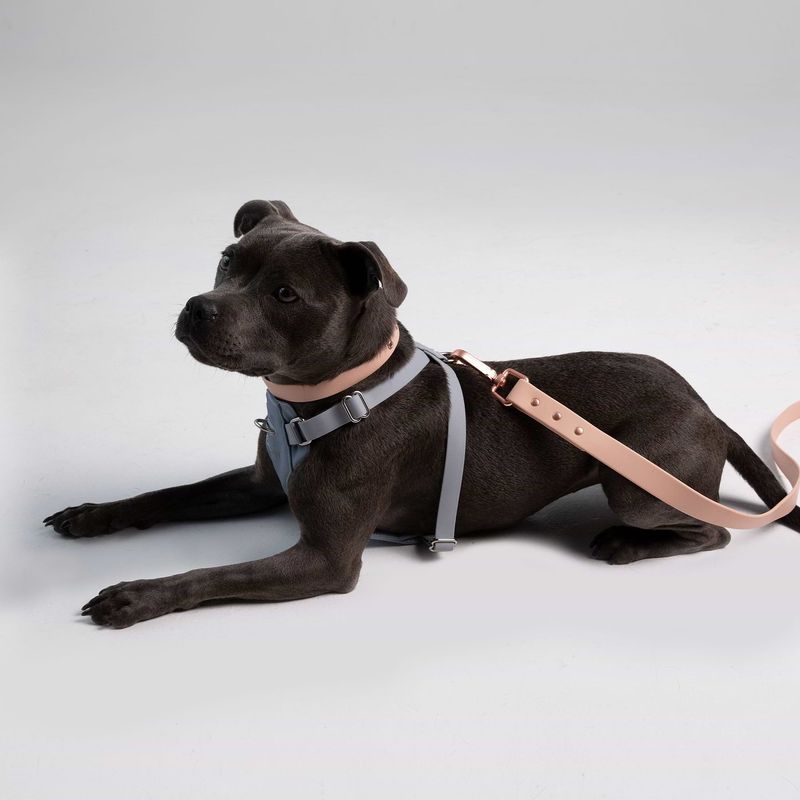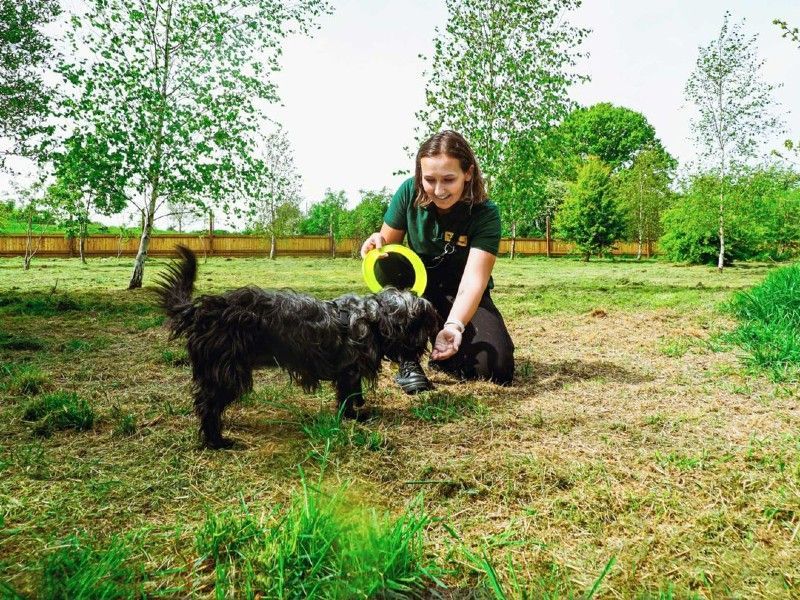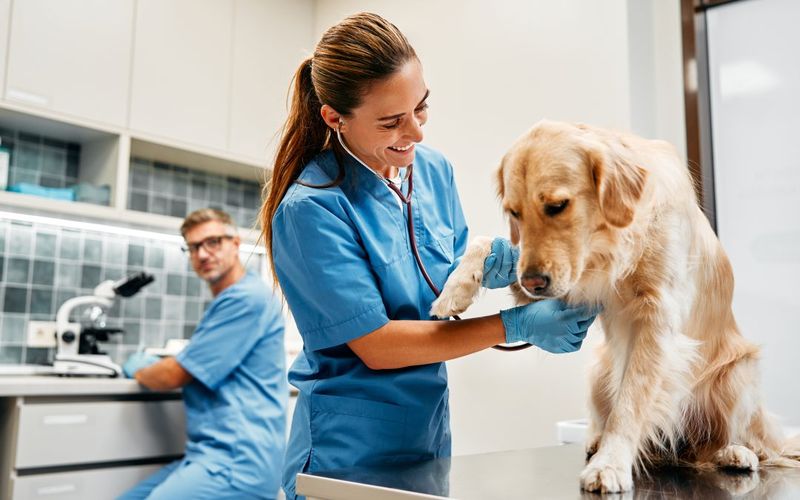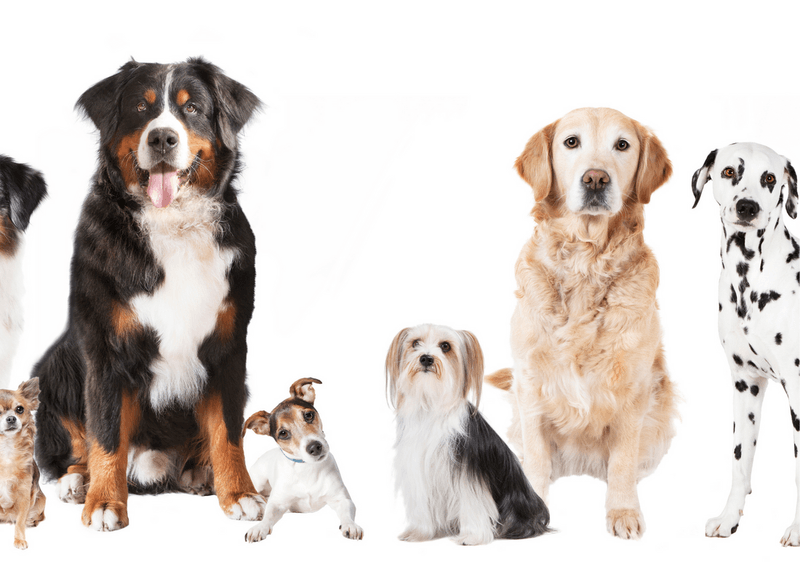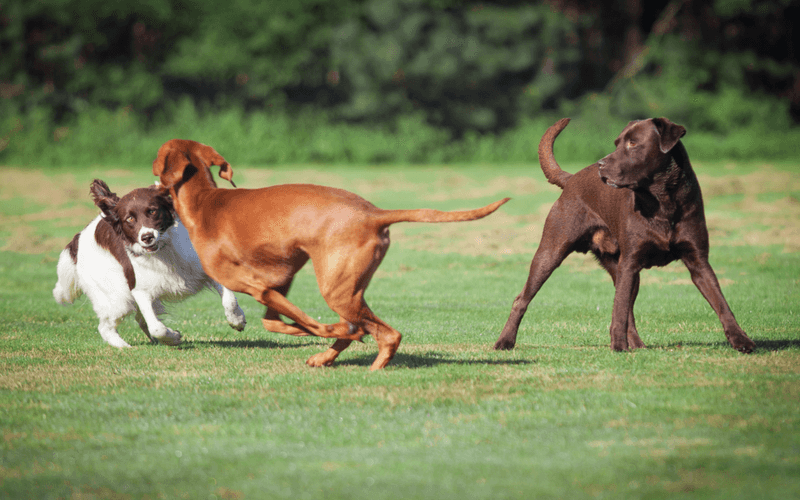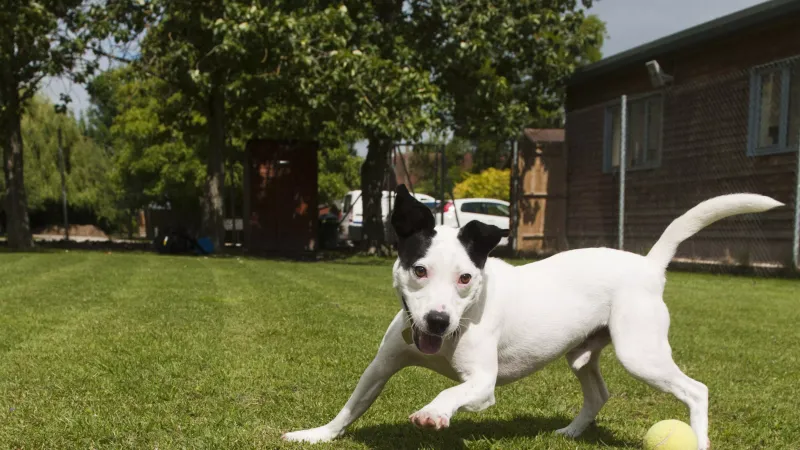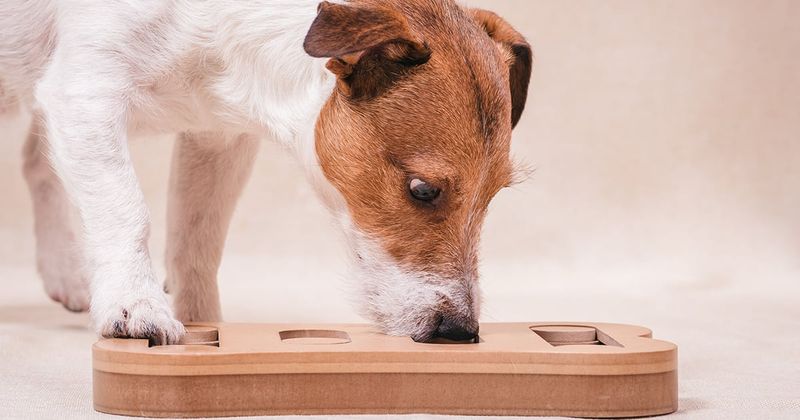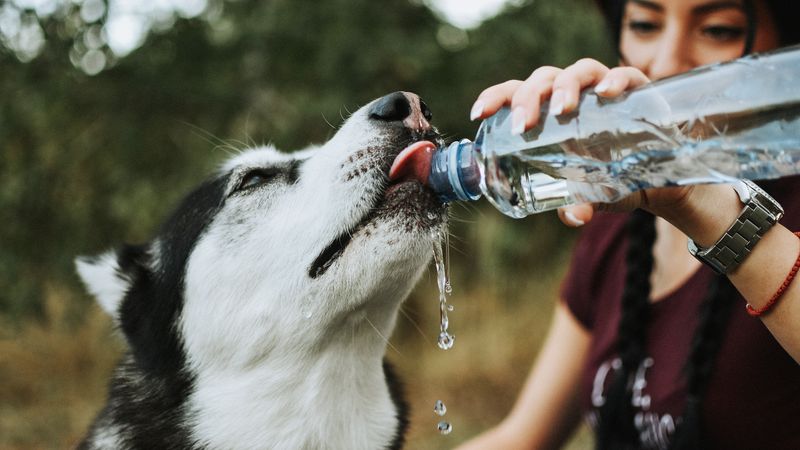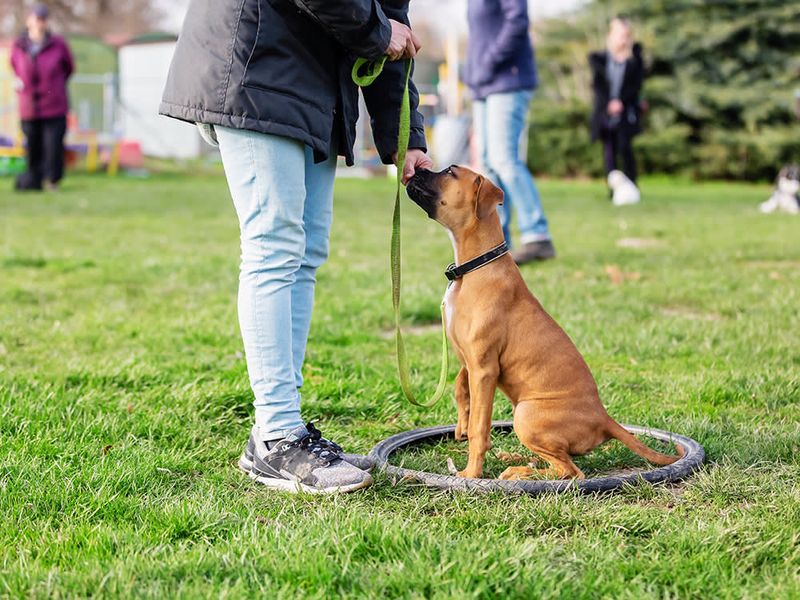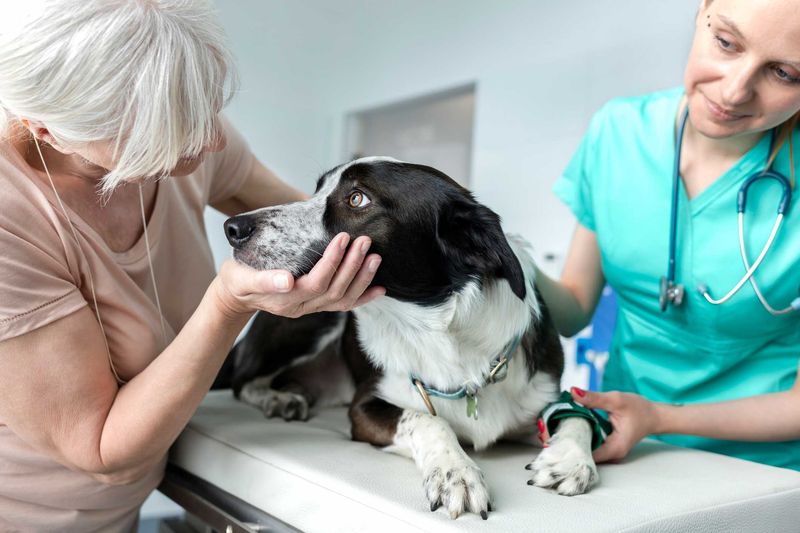As loving dog owners, we strive to provide the best for our furry friends. However, some everyday habits can inadvertently harm them. In this article, we’ll explore 19 common practices that might be affecting your dog’s well-being, even if your intentions are sincere. From feeding routines to playtime activities, we’ll uncover how to make simple adjustments to ensure your pet’s health and happiness.
Overfeeding Your Dog
Many dog owners express their love through food, but overfeeding can lead to obesity and related health problems. It’s crucial to monitor portion sizes and stick to a balanced diet. Consult your vet to determine the right amount of food for your dog’s specific needs.
Remember, treats should only make up a small percentage of your dog’s total caloric intake. Avoid feeding table scraps, which can be high in calories and unhealthy ingredients. Establish a feeding schedule and resist the temptation to give in to those puppy dog eyes every time.
Your dog’s waistline will thank you!
Ignoring Dental Care
Dental hygiene is often overlooked in dogs, leading to plaque buildup and gum disease. Regular brushing is essential to maintain your pet’s oral health. Use a toothbrush and toothpaste designed specifically for dogs.
Introduce dental care slowly, making it a positive experience with treats or praise. Dental chews and toys can also help reduce tartar, but they’re not a complete substitute for brushing.
Neglecting dental care can lead to serious health issues beyond the mouth. Regular veterinary check-ups will help catch any problems early.
Lack of Exercise
Exercise is vital for a dog’s physical and mental health. Without regular activity, they can become overweight, anxious, or destructive. Tailor the exercise routine to your dog’s breed, age, and health condition.
A daily walk, play sessions, or agility training can keep your dog fit and stimulated. Remember, mental exercises like puzzle toys can be just as enriching as physical ones.
If you notice behavioral changes or weight gain, it might be time to increase activity levels. Keeping your dog active ensures they remain happy and healthy.
Using Unsafe Toys
Not all toys are safe for your dog. Some can break easily, become choking hazards, or contain harmful chemicals. It’s vital to choose toys designed specifically for dogs and regularly inspect them for damage.
Hard plastic toys can splinter, while plush toys may have parts that can be swallowed. When in doubt, opt for durable rubber toys or those recommended by your vet.
Always supervise playtime to ensure safety. Your vigilance can prevent accidents and keep playtime fun for your furry friend.
Neglecting Grooming
Regular grooming is more than just keeping your dog looking good; it’s essential for their health. Matted fur can lead to skin problems and discomfort. Brushing your dog regularly helps remove dirt, debris, and loose fur.
Bathing should be done as needed, using dog-specific shampoos to avoid skin irritation. Don’t forget nail trimming and ear cleaning, which are equally important.
Consult a professional groomer if you’re unsure about the grooming needs of your breed. Proper grooming ensures your pet stays comfortable and healthy.
Improper Leash Use
Using the wrong leash or improper techniques can harm your dog physically and emotionally. A heavy-handed approach during walks can lead to neck injuries and fear-based behaviors.
Opt for a harness if your dog tends to pull, as it distributes pressure more evenly and provides better control. Training your dog to walk politely on a leash is beneficial for both of you.
Consider professional training if you struggle with leash manners. Ensuring a positive walking experience strengthens your bond.
Leaving Dogs Alone Too Long
Dogs are social animals and can experience emotional distress if left alone for extended periods. Separation anxiety may develop, leading to destructive behavior and other issues.
If you’re away frequently, consider doggy daycare, hiring a pet sitter, or arranging playdates with other dogs. Interactive toys and puzzles can also keep your dog engaged while you’re away.
Creating a stimulating environment helps mitigate loneliness. Your dog’s happiness depends on companionship and interaction.
Inconsistent Training Methods
Consistency is key in dog training. Mixed signals can confuse your dog, making it harder for them to learn commands and behave appropriately. Stick to a clear set of rules and use positive reinforcement techniques.
Family members should be on the same page regarding commands and expectations. Consistent training helps your dog understand what’s expected and thrive in their environment.
Consider professional training classes if you’re unsure where to start. A well-trained dog is a happy dog.
Feeding Harmful Human Foods
Not all human foods are safe for dogs. Some, like chocolate, grapes, and onions, are toxic and can cause severe health issues. Always research before offering your dog a new snack.
Stick to dog-friendly treats and foods specifically formulated for their dietary needs. Educate family and friends about foods to avoid giving your pet.
Remember, a moment’s indulgence can lead to long-term health problems. Prioritize your dog’s health by being cautious about their diet.
Skipping Regular Vet Visits
Regular veterinary check-ups are crucial for maintaining your dog’s health. Skipping visits can lead to undetected issues and worsen existing conditions. Vets provide vaccinations, preventative care, and address any concerns you might have.
Make sure your dog is up-to-date on all necessary vaccinations and routine exams. A vet can also offer advice on diet, exercise, and behavioral questions.
Your pet’s health is directly linked to preventive care, so prioritize those vet visits.
Ignoring Breed-Specific Needs
Different breeds have unique needs that must be catered to for their well-being. Ignoring these can lead to behavioral problems and health issues. Research your dog’s breed to understand their exercise, grooming, and nutritional requirements.
For instance, herding breeds like Border Collies need plenty of mental stimulation and physical activity, while others may require specific grooming practices.
Tailoring your care to suit your dog’s breed helps them thrive and enjoy a fulfilling life.
Neglecting Socialization
Socialization is vital for a well-adjusted dog. Lack of exposure to different environments, people, and other animals can lead to fear and aggression. Start socializing your dog at a young age, using positive experiences to build their confidence.
Puppy classes, dog parks, and play dates are excellent opportunities for socialization. Always supervise interactions and provide positive reinforcement.
A well-socialized dog is more likely to be friendly and adaptable.
Rough Play
While playtime is essential, rough play can encourage aggressive behavior and lead to injuries. Stick to gentle games like fetch or tug-of-war, ensuring they remain safe and fun.
Teach your dog to play with toys instead of using hands or feet, which can lead to biting. Redirect inappropriate play behavior calmly and consistently.
Safe playtime strengthens your bond and keeps your dog happy and healthy.
Not Providing Mental Stimulation
Mental stimulation is as important as physical exercise for dogs. Without it, they can become bored and develop behavioral issues. Offer puzzle toys, training sessions, and interactive games to engage their minds.
Rotate toys and introduce new challenges regularly to keep your dog interested. Remember, mental activity can tire out a dog just as effectively as a walk.
A stimulated dog is a happy, well-behaved companion.
Feeding From the Table
Feeding from the table encourages begging and bad habits. It can also lead to weight gain and digestive issues if the food is not suitable for dogs. Stick to feeding your pet from their designated dish.
Establishing boundaries helps your dog understand meal times and reduces the risk of them eating something harmful. Explain to family members and guests why it’s important to avoid giving table scraps.
Your dog will benefit from a consistent feeding routine.
Failing to Provide Adequate Water
Water is essential, yet sometimes overlooked, especially during busy days or travel. Dehydration can lead to severe health issues like kidney problems. Always ensure your dog has access to clean, fresh water.
On hot days or after exercise, monitor your dog’s water intake more closely. Consider portable water bottles for travel and hikes to ensure they stay hydrated.
Proper hydration keeps your dog healthy and energetic.
Not Adjusting to Aging Needs
As dogs age, their needs change, requiring adjustments in care. Older dogs may need softer beds, joint supplements, and modified diets. Regular vet checks become even more critical to catch age-related health issues early.
Consider slower, shorter walks and provide supportive aids like ramps if needed. Dietary changes might be necessary to accommodate slower metabolisms.
Adapting to your dog’s aging process ensures they continue to enjoy a comfortable, fulfilling life.
Harsh Disciplinary Actions
Using harsh punishment can harm your dog both physically and emotionally. It can lead to fear-based behavior and a weakened bond with you. Positive reinforcement is more effective and fosters a trusting relationship.
Reward good behavior with treats, praise, or toys, and redirect undesirable actions calmly. If needed, seek guidance from a professional trainer to address behavior issues.
Building a positive environment ensures your dog feels safe and loved.
Not Monitoring Health Changes
Dogs can’t tell us when they’re feeling unwell, so it’s crucial to observe for any changes in behavior or appearance. Sudden weight loss, lethargy, or changes in eating habits can indicate health problems.
Regular vet visits are essential, but being attentive at home is equally important. Document any changes to discuss with your veterinarian.
Your vigilance can lead to early detection and treatment, ensuring your dog remains healthy and happy.
